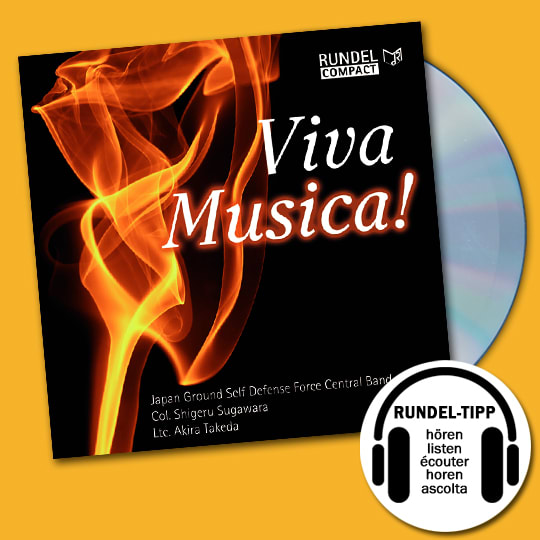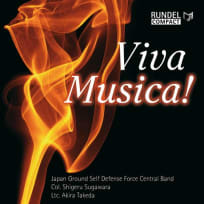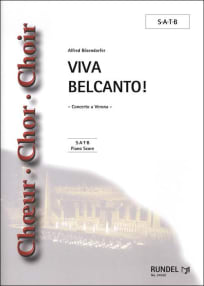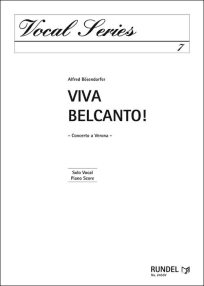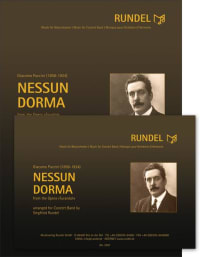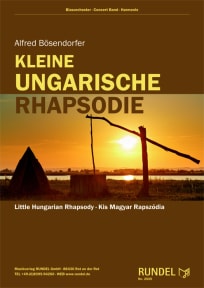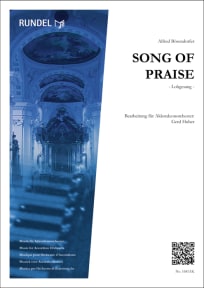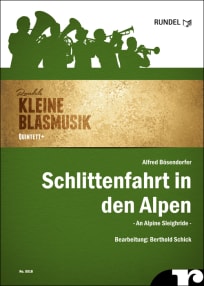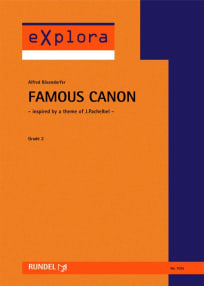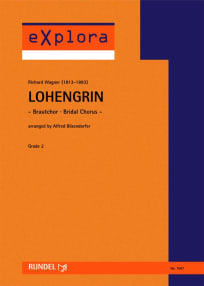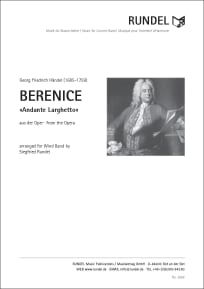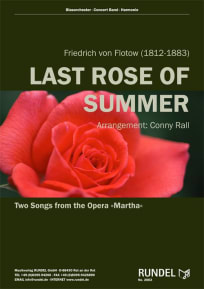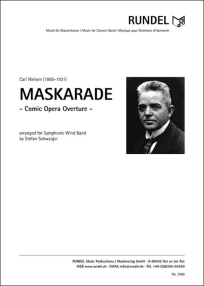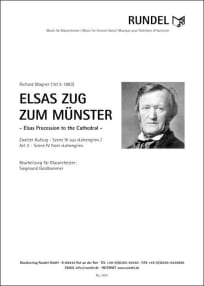Concert Band
Viva Belcanto!
Concerto a Verona
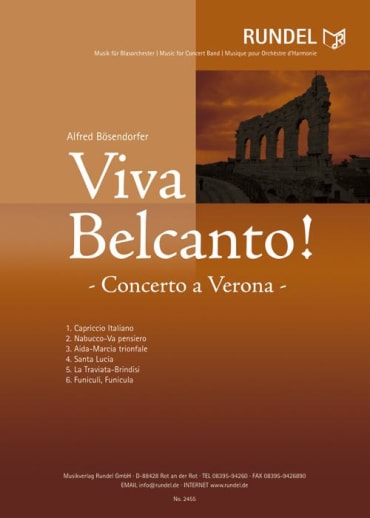
Concert Band
Viva Belcanto!
Concerto a Verona
Arranger
Occasion
Performance time
00:09:50
Grade Level
Oberstufe
Publisher
Rundel
Size
A4
Info
Full Score + Condensed Score + Parts
Order Number
MVSR2455
Release Date
2005
Listen
Read
Listen & Read
Wishlist
Print
Share
Info
The title of this selection must actually not be translated. “Here is to Beautiful Singing!” would be a possible verbatim translation. However, belcanto is much more. It is an attitude to life it is sheer joy of spontaneous and virtuoso singing, it is the delight of true vocal art. Singing may also express moods and feelings in a credible way: joy, worries, love, togetherness…
This selection consists of five well known airs from Italy next to an introduction. At the beginning the composer used the famous trumpet call from “Capriccio Italiano” by P.I. Tchaikovsky as well as a joyful Italian song which was also comes from this “Capriccio”.
Number 1 that follows is the famous “Choir of the Hebrew Slaves” from “Nabucco”. It is a song that speaks of times of hardship, but also of hope and of coherence.
Who does not know number 2 of this selection? A few bars only will suffice to make you recognize the “Triumphal March” from Giuseppe Verdi’s opera “Aida”. This is Verdi in its entire splendor. Alfred Bösendorfer wrote a sonorous arrangement and even found new words for it: “Viva, viva la Gloria, viva la libertà!” (“Long live glory, long live liberty!”)
Following a bridge passage with a clarinet cadence number 3 of the selection finally gives room to love. It is a wonderful song, which a Neapolitan fisherman sings for “Santa Lucia”, his boat. It has braved the elements many times but always brought him home safely.
The music of number 4 expresses cheeriness and joy. We will encounter the predominance of such an atmosphere at many festivals or modern soccer games. This surely is a very special kind of belcanto. To express this mood, Alfred Bösendorfer relied on the drinking song (brìndisi) from “La Traviata” by Giuseppe Verdi.
The final number reveals that belcanto also shows to advantage when the music is of fast tempo. The famous song “Funiculì, funiculà” is presented as a fast tarantella. This passage pays homage to an easily discernible landmark of Southern Italy, namely Mount Vesuvius. Luigi Denza composed this well-known song in 1880 on the occasion of the first ride of the Vesuvius funicular.
A performance with choir (SATB) or solo is possible. The text is Italian.
This selection consists of five well known airs from Italy next to an introduction. At the beginning the composer used the famous trumpet call from “Capriccio Italiano” by P.I. Tchaikovsky as well as a joyful Italian song which was also comes from this “Capriccio”.
Number 1 that follows is the famous “Choir of the Hebrew Slaves” from “Nabucco”. It is a song that speaks of times of hardship, but also of hope and of coherence.
Who does not know number 2 of this selection? A few bars only will suffice to make you recognize the “Triumphal March” from Giuseppe Verdi’s opera “Aida”. This is Verdi in its entire splendor. Alfred Bösendorfer wrote a sonorous arrangement and even found new words for it: “Viva, viva la Gloria, viva la libertà!” (“Long live glory, long live liberty!”)
Following a bridge passage with a clarinet cadence number 3 of the selection finally gives room to love. It is a wonderful song, which a Neapolitan fisherman sings for “Santa Lucia”, his boat. It has braved the elements many times but always brought him home safely.
The music of number 4 expresses cheeriness and joy. We will encounter the predominance of such an atmosphere at many festivals or modern soccer games. This surely is a very special kind of belcanto. To express this mood, Alfred Bösendorfer relied on the drinking song (brìndisi) from “La Traviata” by Giuseppe Verdi.
The final number reveals that belcanto also shows to advantage when the music is of fast tempo. The famous song “Funiculì, funiculà” is presented as a fast tarantella. This passage pays homage to an easily discernible landmark of Southern Italy, namely Mount Vesuvius. Luigi Denza composed this well-known song in 1880 on the occasion of the first ride of the Vesuvius funicular.
A performance with choir (SATB) or solo is possible. The text is Italian.

